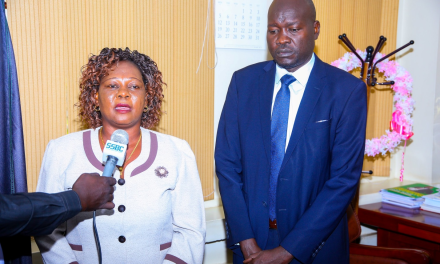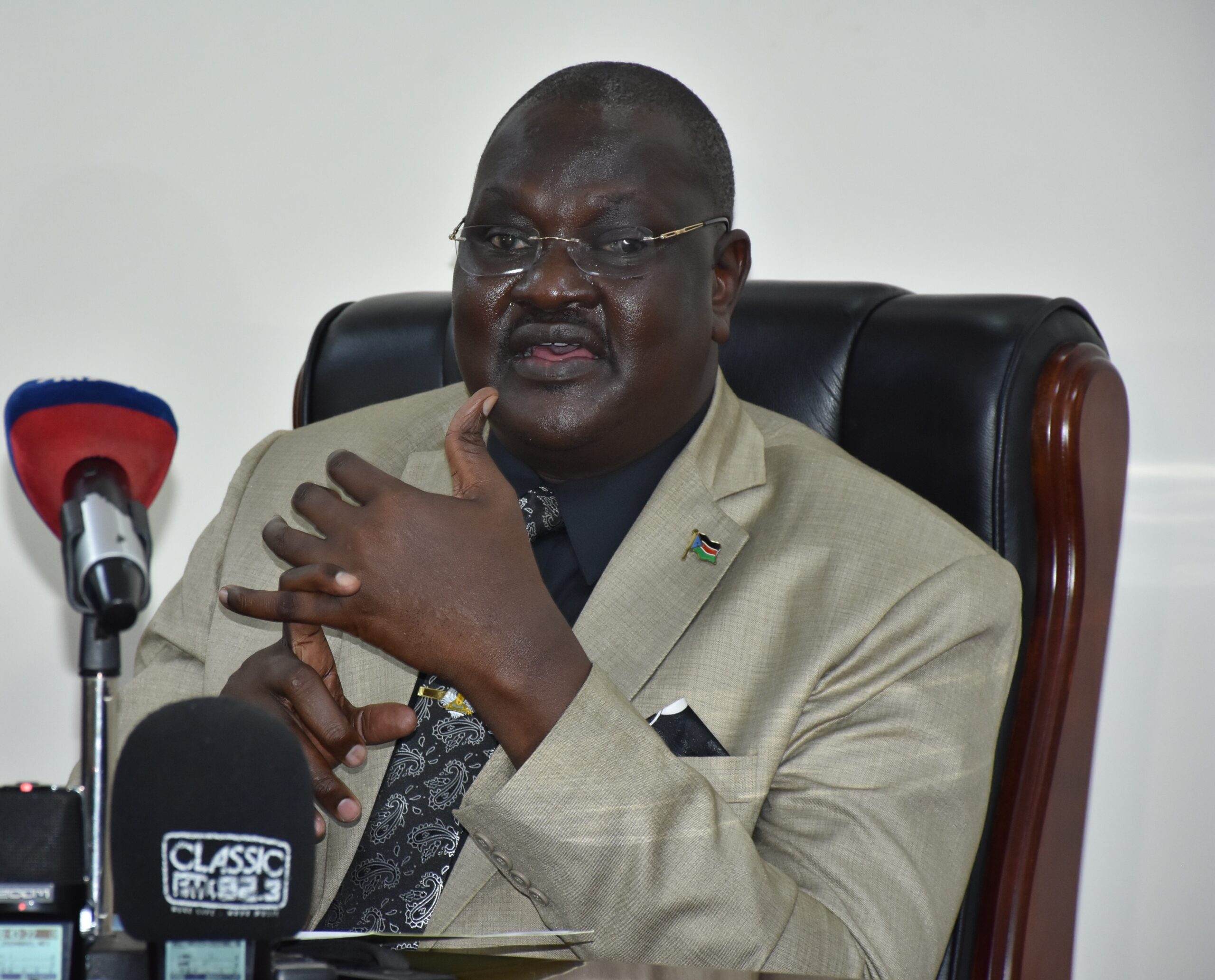
CEPO trains over 40 farmers in Kajo-Keji on self-reliant agriculture

The Community Empowerment for Progress Organization (CEPO) with funding from the Austrian Development Agency (ADA) trained more than 40 farmers on self-reliant agriculture in Kajo-Keji County of Central Equatoria State.
The two-day training under the Strengthening Conflict and Gender Sensitive Community Resilience (SCCR) project attracted 41 participants.
Kenyi Nason Felix, a field officer with CEPO, said the two-day training aimed at empowering the women and girls under the farming for peace initiative.
“Without farming, peace cannot prevail in our communities,” said Kenyi.
“The project impact is to contribute to gender equality, empower women and girls to promote just, peaceful and inclusive societies,” he added.
Wani Sylvano Yokwe, a farmer, said he acquired skills for peace building, peaceful co-existence and mediation systems.
He cited climate change as a hindrance to farming practices in the county.
Agnes Diiko, a vegetarian grower, said she learnt self-reliance at the training.
She, however, urged CEPO to regularly train them on best farming practices.
“CEPO should organize refresher trainings so that we do not completely forget about what we learned during the two-day training,” said Diiko.
The project, funded by the Austrian Development Agency targets refugees, host c ommunity and migrating communities in South Sudan and Uganda.
The greater Yei region, including Lainya, Morobo and Kajo-Keji counties are known for their conducive farming weather and fertile soils for agriculture.
Despite the huge potentials, agriculture in South Sudan largely remains at subsistence level with average field sizes of just two feddans per household.
The Strengthening Conflict and Gender Sensitive Community Resilience project operates in Northern Uganda and Central Equatoria State.
Its main aim is to contribute to gender equality, empower women and girls, and promote just, peaceful and inclusive societies in Uganda and South Sudan which have experienced protracted wars





































